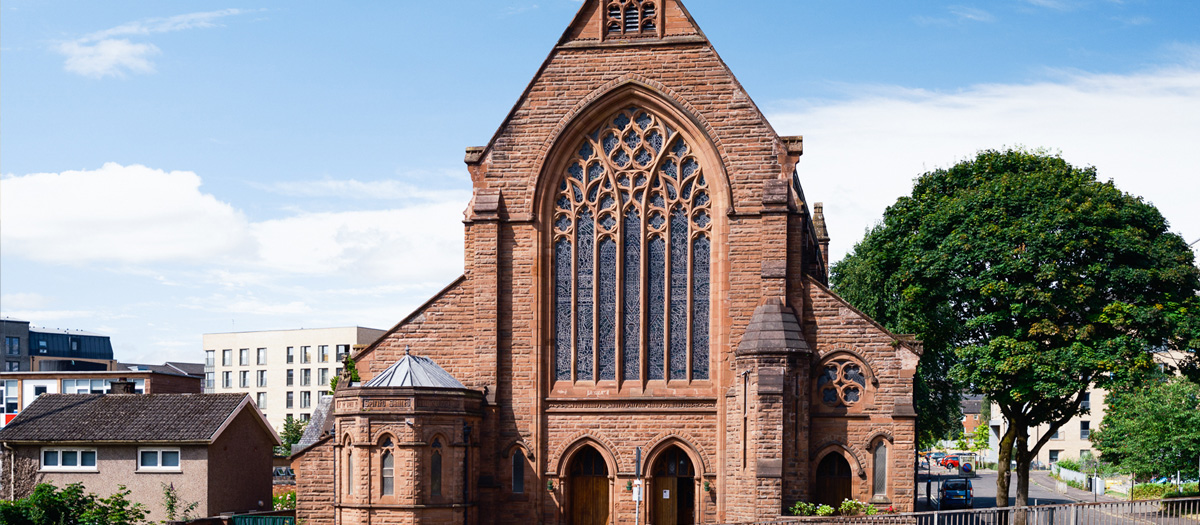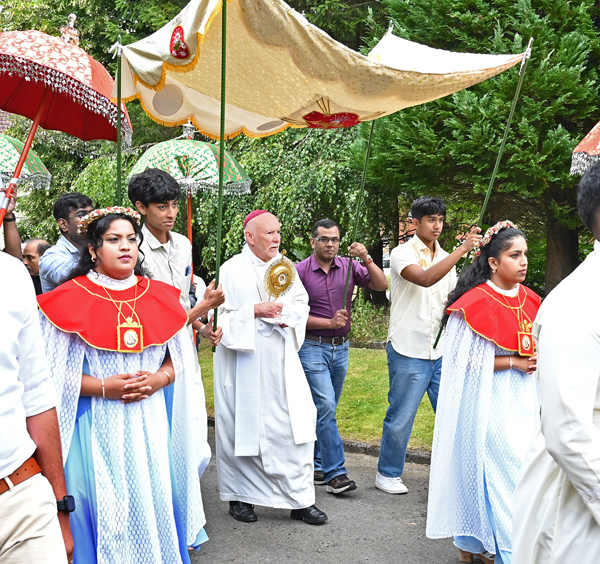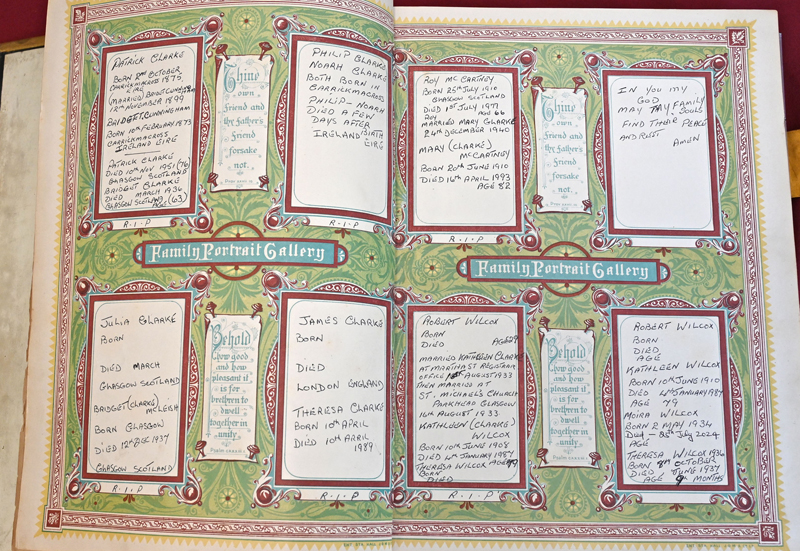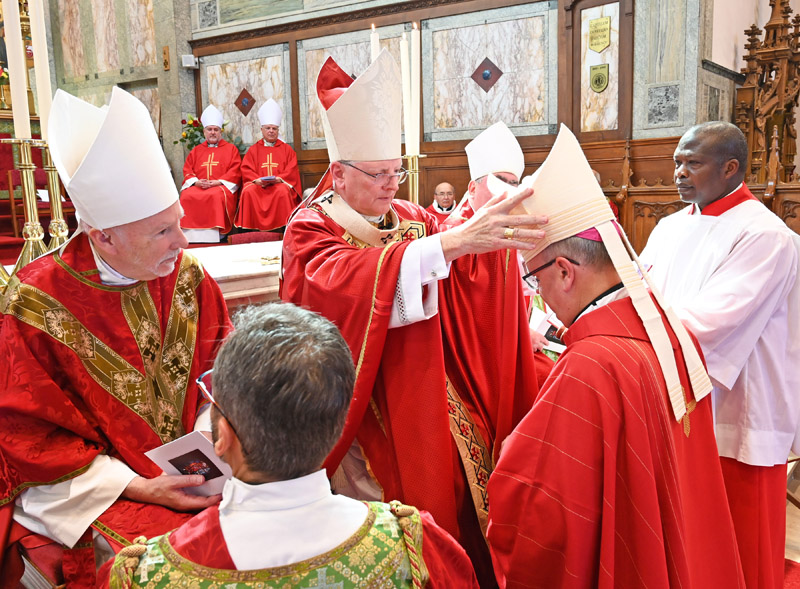
Official Journal of the Archdiocese of Glasgow
September 2024

Syro-Malabar community

With banners held aloft, flags flying and the joy of their faith evident for all to see, almost 400 members of Glasgow’s St Thomas Syro-Malabar community brought colour to the streets of Pollok last month as they celebrated the feast of their patron, St Thomas the Apostle, and St Alphonsa, India’s first female saint.
Read more…
Mystery

A family tree written in a treasured family Bible owned by a 90 year old lady who was Glasgow’s first woman bus driver… with these clues the search is on to trace the late Moira Wilcox’s relatives.
Read more…
dunkeld

It is a mere 80 miles from St Andrew’s Cathedral in Glasgow to its namesake in Dundee, but for the new Bishop of Dunkeld the journey is about more than just the road and the miles to that fine city.
Read more…